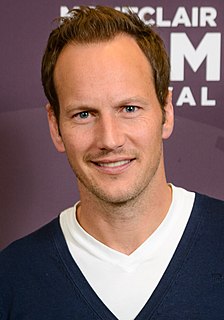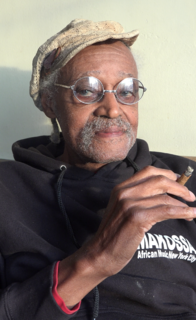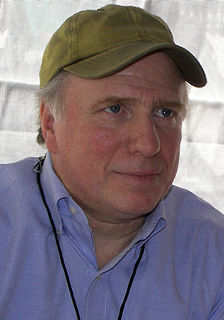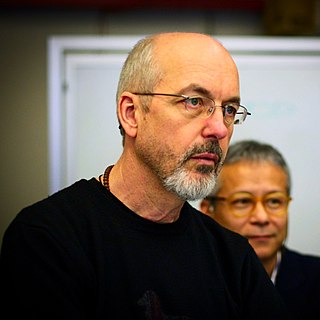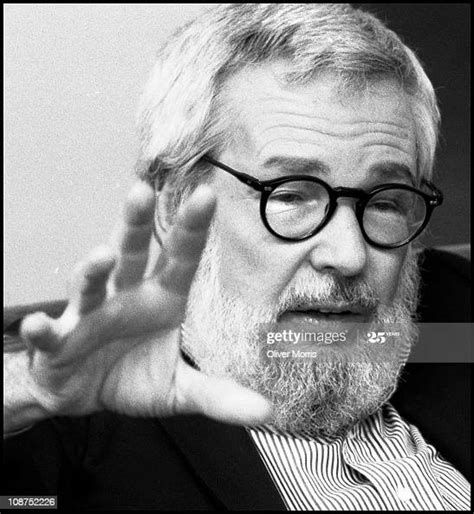A Quote by Patrick Wilson
Somebody can paint with a fine brush like Monet and do millions of little dots or somebody can splatter it up there like Kandinsky or Jackson Pollock and go "Yep, that's art." That's okay.
Related Quotes
What's bad for the culture is wack rappers that get held in high regard like they're some great thing because it's the flavor of the month, but everybody knows they can't rap. I don't think it's hard, even for somebody who's not hip-hop, to know that that's not good. When you put them up against somebody that can really rhyme, you go, "Okay, I get it. This is what it should sound like."
The script is like music to me. I approach it like it's a musical piece and I hear how it's supposed to sound when people say the words. There's rhythms and there's intonations and things, and so, when somebody comes in and hits the notes that I hear, I go okay. Or, they come close enough, and then I'll say "Well how about you try it like this?" and if they have a good ear and they can pick it up, then I think okay, they've got it.
Malevich, Lissitsky, Kandinsky, Tatlin, Pevsner, Rodchenko... all believed in the social role of art... Their works were like hinged doors, connecting activity with activity. Art with engineering; music with painting; poetry with design; fine art with propaganda; photographs with typography; diagrams with action; the studio with the street.
I think that a lot of artists have succeeded in making what I might call "curator's art." Everybody's being accepted, and I always want to say, "Really? That's what you've come for? To make art that looks a lot like somebody else's art?" If I am thinking of somebody else's art in front of your art, that's a problem.
Things come up from the outside, the outside world says, okay, you have do this, you have to go here and here and here, and these are your options. You can be here or you can be here. You can do this, or you can do this. You can go here, or you can go there. So each one of those things becomes a place of decision, and the way we make decisions is that we all get together and if somebody doesn't feel right about it or it doesn't seem to sit right, usually we'll go with the no vote. If somebody's not comfortable with it, we'll figure it's not going to be worth doing.
